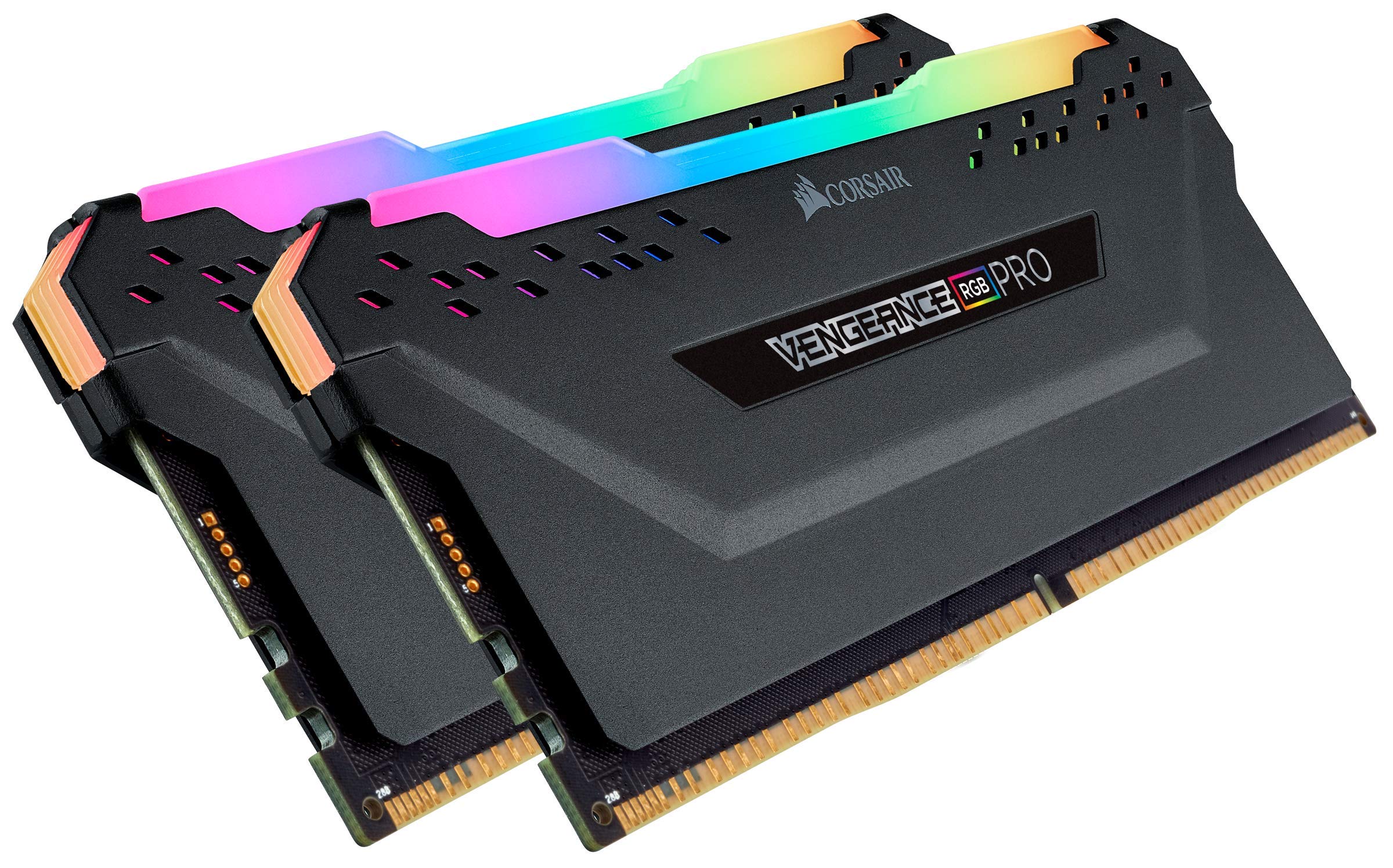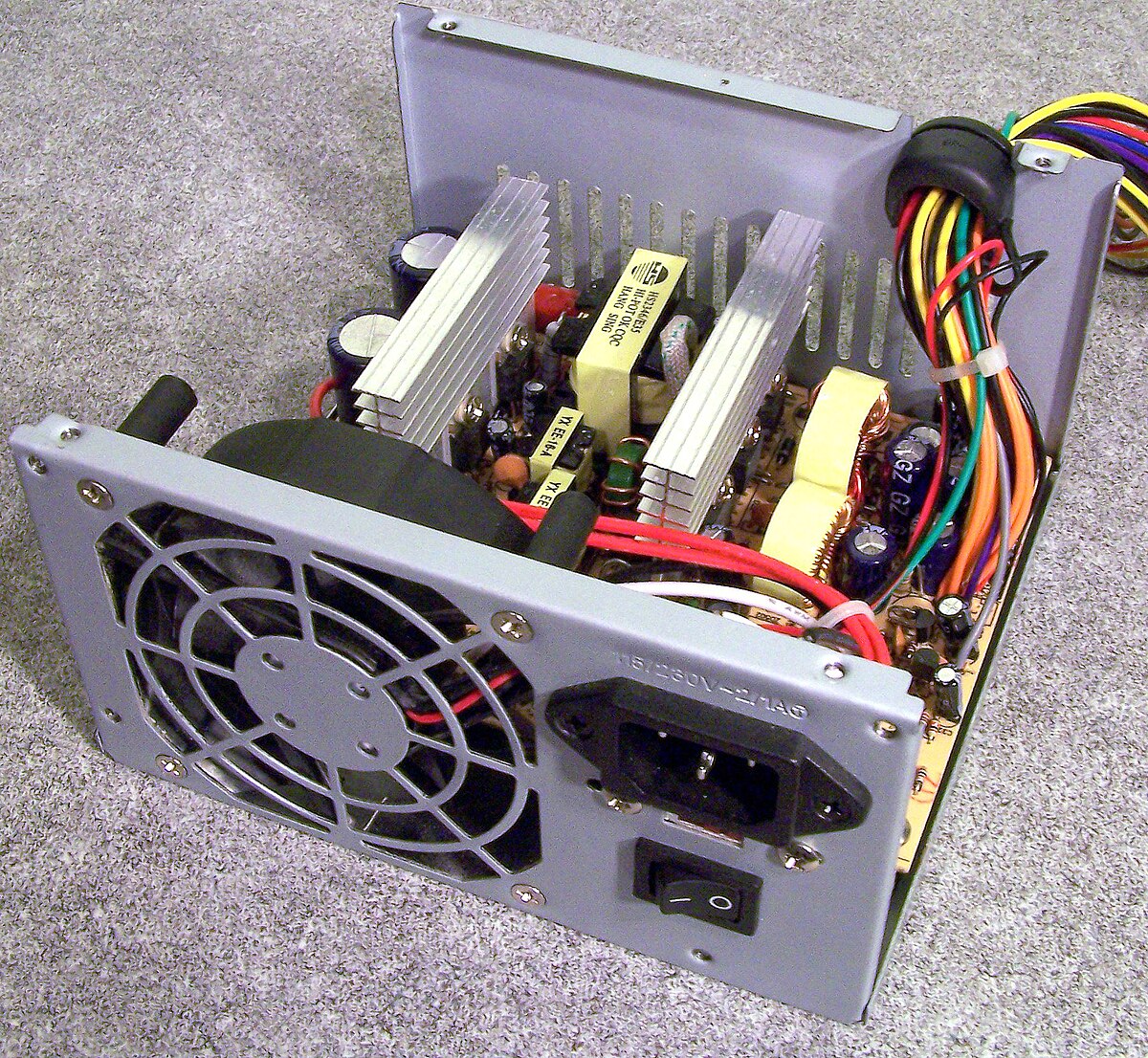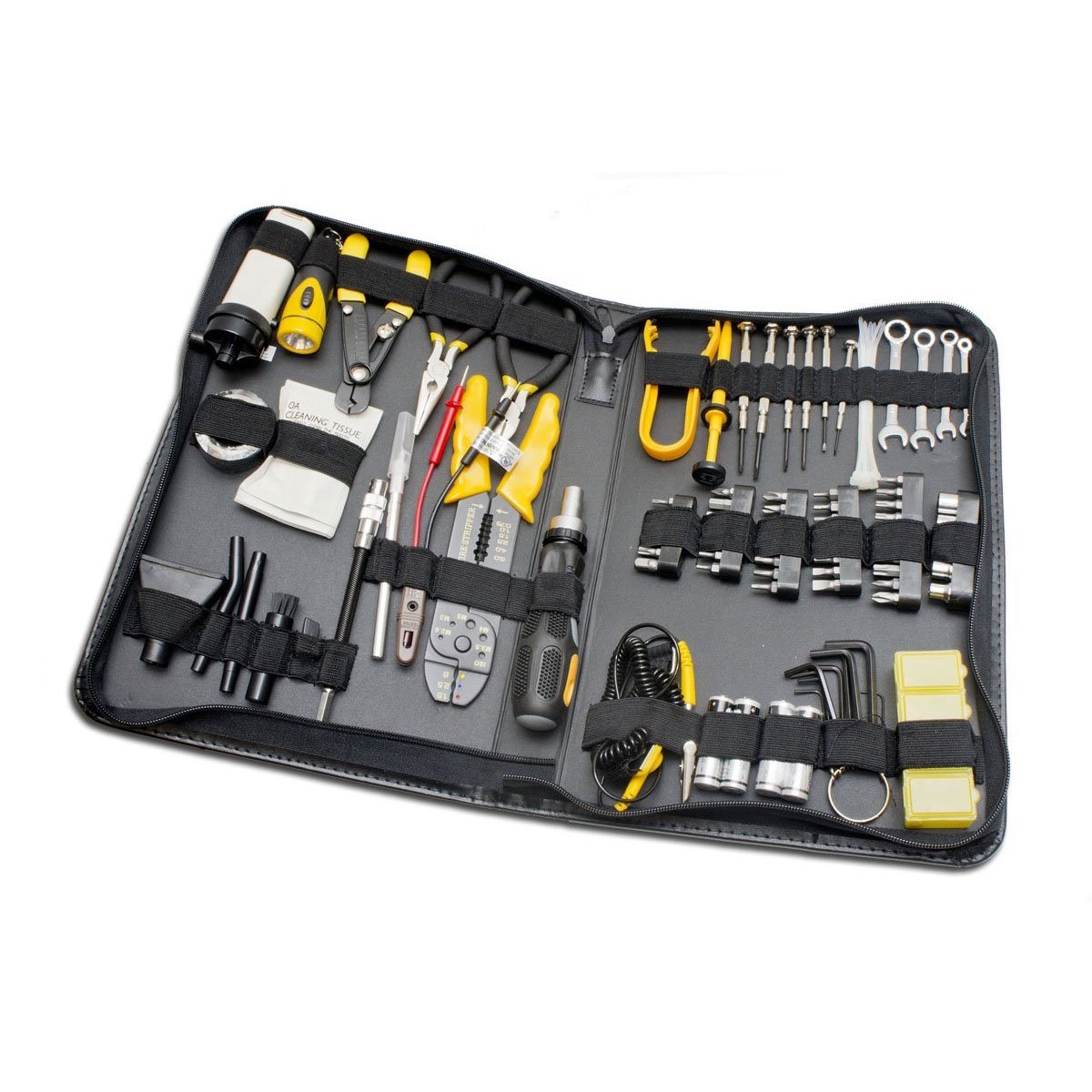Computer fans spinning and stopping without any startup can be a frustrating issue to encounter.
Disconnect External Devices
Start by shutting down the computer and unplugging all external devices such as expansion cards, SATA or USB devices, PCI Express cards, graphics cards, and card readers. Make sure to disconnect any wired peripherals like computer mice and keyboards as well.
Once everything is disconnected, try powering on the computer again. If the fans spin consistently and the startup process begins, it indicates that one of the disconnected devices was causing the issue.
To identify the problematic device, reconnect them one by one, restarting the computer each time. If the fans stop spinning again or the startup fails, the last device you connected is likely the culprit. Replace or update the drivers for that device, or consider using a different spare part if necessary.
Remember to always handle computer components and connections with care. If you’re unsure about any specific steps, refer to the user manual or seek assistance from a professional.
By disconnecting external devices, you can eliminate potential conflicts and increase the chances of a successful computer startup.
Reset or Replace RAM

If your computer fans are spinning and stopping, and your computer is not starting up, the issue could be related to the RAM. Resetting or replacing the RAM can often resolve this problem. Here’s how you can do it:
1. Start by turning off your computer and disconnecting the power cable.
2. Open your computer case to access the motherboard. Be sure to ground yourself by touching a metal part of the case to prevent static electricity from damaging the components.
3. Locate the RAM modules on the motherboard. They are long, rectangular-shaped modules typically installed in slots next to the CPU.
4. Resetting the RAM: Carefully remove the RAM modules by pressing down on the latches on each end of the module and gently pulling them out. Then, reinsert them firmly back into the slots, making sure they are properly seated. This can help resolve any loose connections or minor issues.
5. Replacing the RAM: If resetting the RAM doesn’t solve the problem, you may need to replace it. Purchase compatible RAM modules according to your computer’s specifications. Follow the same steps as resetting the RAM, but instead, replace the old modules with the new ones.
6. Close your computer case, reconnect the power cable, and turn on your computer.
By resetting or replacing the RAM, you are addressing a potential issue with the computer’s memory that could be causing the fans to spin and stop. If this doesn’t resolve the problem, it may be necessary to seek further assistance or consider other potential hardware or software issues.
Troubleshoot Motherboard and Power Supply

If your computer fans are spinning and stopping without the computer starting up, there may be an issue with your motherboard or power supply. Here are some troubleshooting steps you can take:
1. Check the connections: Ensure that all the cables from the power supply are securely plugged into the motherboard. Disconnect and reconnect the cables to make sure they are properly seated.
2. Test the power supply: Use a power supply tester or a multimeter to check if the power supply is functioning correctly. If it’s not providing enough power or is faulty, you may need to replace it.
3. Reset the motherboard: Remove the power cord from the back of the computer and press and hold the power button for about 10 seconds. This will discharge any remaining power and reset the motherboard.
4. Check for faulty components: Remove any expansion cards, SATA/USB cables, and memory modules from the motherboard and reseat them one by one. If any of these components are faulty, they can cause the computer to fail to start.
5. Test with minimal hardware: Disconnect all non-essential devices such as graphics cards, card readers, and extra hard drives. Leave only the essential components like the CPU, memory, and power supply connected. If the computer starts up, one of the disconnected components may be causing the issue.
Consult a Professional Technician

First, check the power supply unit (PSU) and ensure it is functioning properly. A faulty PSU can cause the fans to spin and stop intermittently.
Next, inspect the motherboard (MOBO) for any visible damages or loose connections. A faulty MOBO can also cause the fans to behave erratically.
Make sure all expansion cards, such as graphics cards or wireless adapters, are properly seated in their respective slots. Loose or improperly installed expansion cards can cause issues with the fans.
Check the memory modules (RAM) and ensure they are securely inserted into the motherboard. Faulty or loose RAM can cause the fans to spin and stop.
If you have recently installed any new hardware, remove it temporarily to see if the issue persists. Sometimes, incompatible or faulty hardware can cause the fans to behave strangely.
If none of the above steps resolve the issue, it may be necessary to replace the fans or other components. A professional technician will be able to determine which parts need to be replaced and provide the necessary spare parts.
F.A.Q.
Why is my PC not turning on but the fans are?
My PC is not turning on, but the fans are running.
Why is my computer making a fan noise and not turning on?
Your computer may be making a fan noise and not turning on due to issues with power connections, loose components, or problems with your RAM and graphics card.
Why does my PC turn off but the fans keep spinning?
Your PC may turn off but the fans continue spinning because there is likely an issue with overheating, possibly within the CPU. It is recommended to consult a technician for proper troubleshooting and repair.
Why is my computer not turning on but has power?
Your computer may not be turning on despite having power due to various reasons. One possibility is that the power cord is not correctly connected to the computer or the outlet. Another potential cause could be a failed power supply within the computer. Additionally, it is also possible that a virus or malware infection is preventing the computer from turning on even though it is receiving power.

